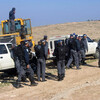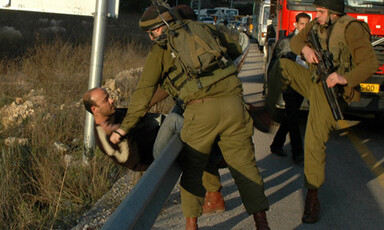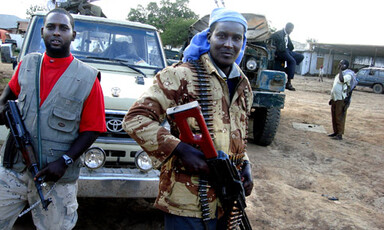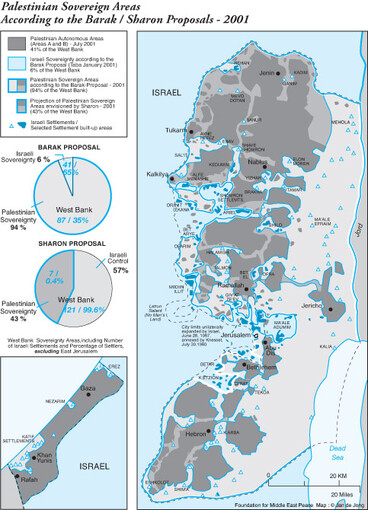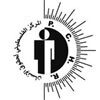
Hard limits and long-observed taboos
12 January 2007
With his new book, former President Jimmy Carter has been vilified by the pro-Israel lobbying industry in the United States with the frequent intimation that he is anti-Semitic. Yet even this furor demonstrates the hard limits which the debate still faces. In defending himself against such attacks, Carter has been careful to stress that he is only talking about the situation inside the territories occupied in 1967, East Jerusalem, the West Bank and Gaza Strip. “I know that Israel is a wonderful democracy with equal treatment of all citizens whether Arab or Jew. And so I very carefully avoided talking about anything inside Israel,” he said. Read more about Hard limits and long-observed taboos
